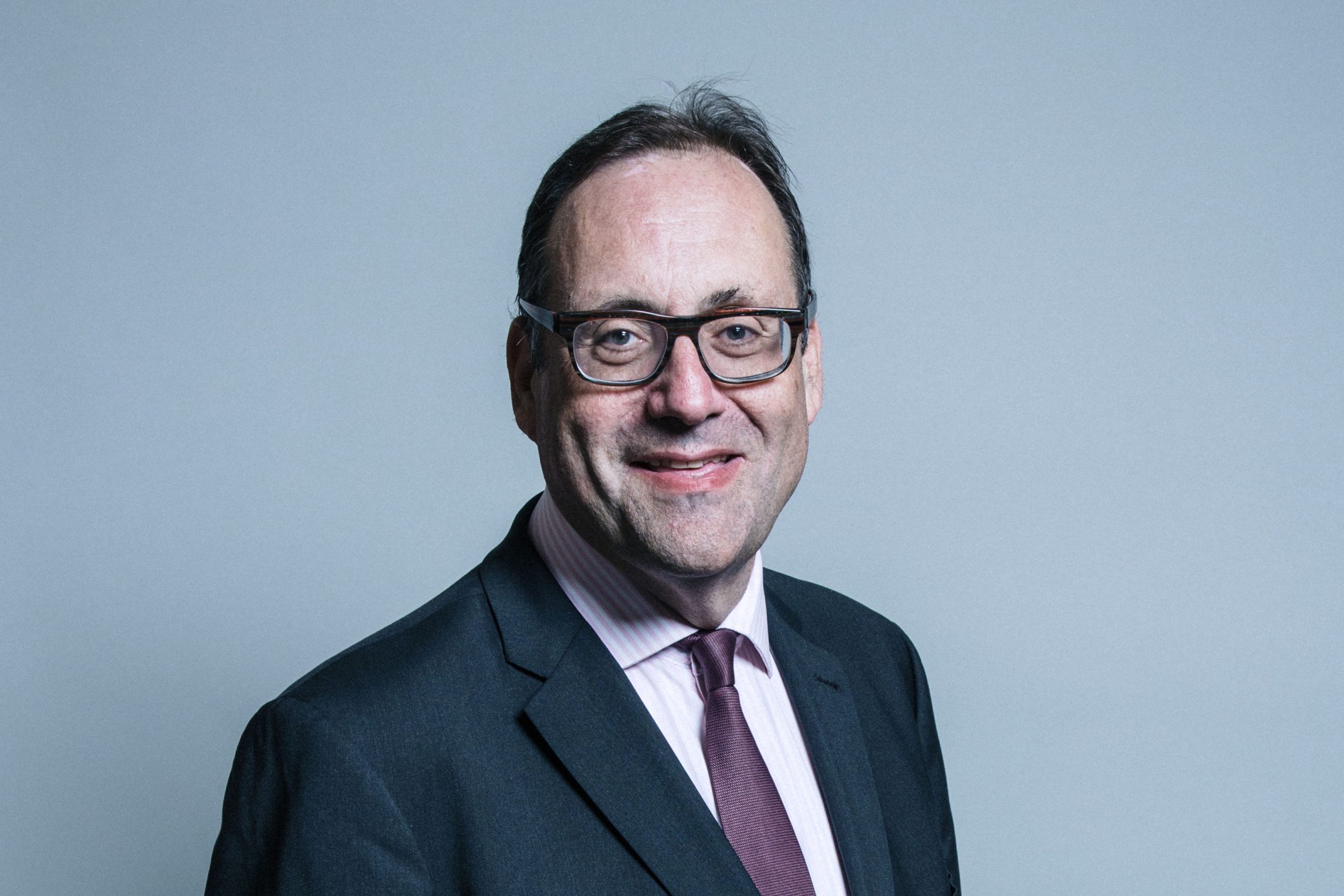
Richard Harrington, the former Business Minister, is to stand down from Parliament at the next election and will vote with opposition parties to block a no-deal Brexit next week, the Watford MP has told his constituents.
Though Harrington has insisted he had always intended to quit by 2022 – and that his decision is unrelated to Boris Johnson’s leadership – his deep dissatisfaction and unhappiness with the direction of the Conservative Party is an open secret in Westminster.



